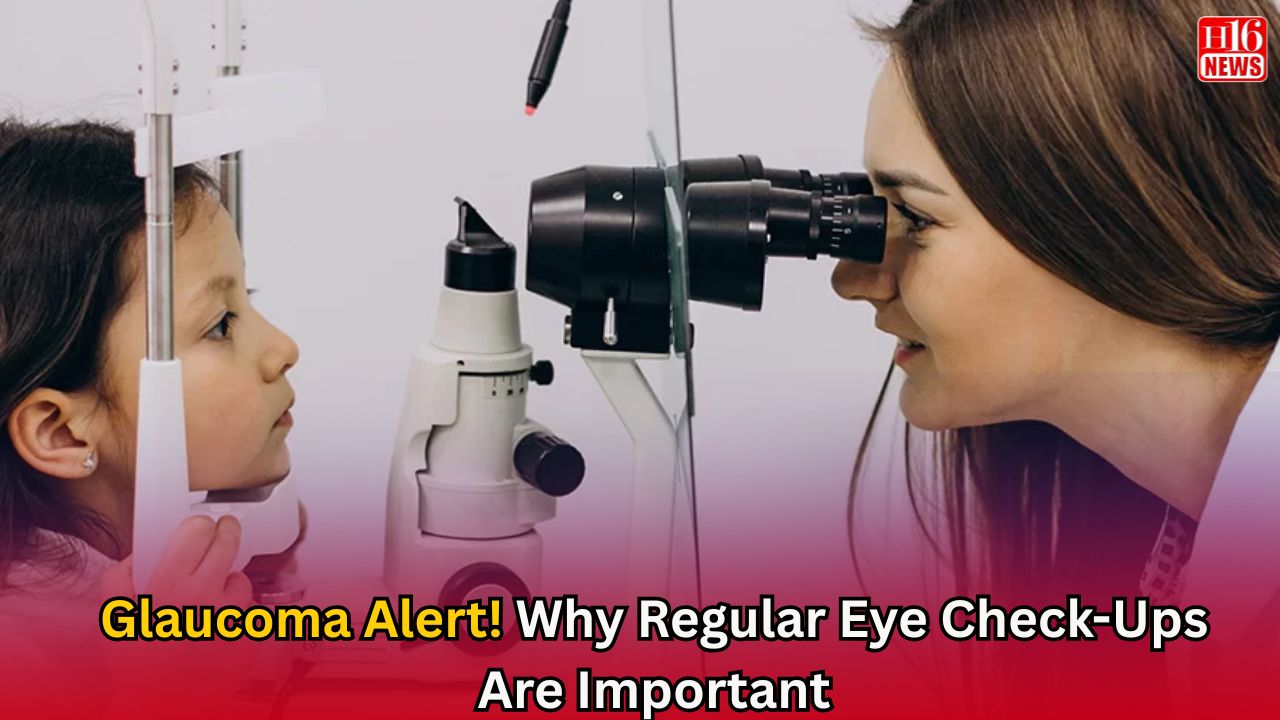There is great potential in India to save vision if more people sought regular eye check-ups because early detection leads to better treatment options
Research indicates that only 10 to 15 percent of people who are due for a test actually show up, which is disheartening. Those who seek out doctors for headaches or simply need an updated vision prescription usually end up being told that they're suffering from glaucoma, all without them knowing. Dr Shalini G, Registrar, General Ophthalmology, Sankara Eye Hospital in Bengaluru says that there is great potential in India to save vision if more people sought regular eye check-ups "because early detection leads to better treatment options."
Why are people not getting tested for glaucoma?
She further adds that people who live in the cities have a busy schedule with their work commitments, meaning that they are much less likely to seek out the check-up. This sadly is the reality, and "as a consequence will lead to make people permanently losing their vision, which could have been prevented."
Lack of motivation to go out and seek treatment for glaucoma stems from several issues, one being the slow gradual pain of vision loss, and the fact that it does not hurt at all. "Some people think, 'I can see fine, so why should I go to the doctor?' On the other hand, there are people that fear the test, consider them to be pricey, or even believe blindly that they will receive the necessary treatment without valid proof of their ailment," observes Doctor Shalini.
What are the common eye symptoms that prompt glaucoma testing?
Dr Shalini says that the association between the loss of night vision and eyesight is either associated with old age or tired out eyes, which is not completely true as it may also be glaucoma:
Peripheral vision impairment: This means losing the ability to see things next to you and may result in people bumping into obstacles, losing their ability to do so.
Rainbow Coloured Halos: Culprits may include lightbulbs, car headlights, and lamps.
Problems seeing in poorly lit environments: Some people may experience more difficultly gaining sight in low light environments.
Vision obstruction: Vision may become hazy which may impede a person’s ability to read or watch TV.
What are the overlooked symptoms of glaucoma that lead to delayed diagnosis?
"The most significant issue is that it stealthily destructively injures the eye over time. If tiny gradual changes occur, the early stages are pain free. Most people find it easier to ignore the gradual change. Significant damage is done by the time one understands that there is something wrong. This results in sufferers being called 'silent break thieves of sight'," explains the Ophthalmologist.
People typically associate gradual loss of vision or night vision problem with advanced age and tired eyes, but Dr Shalini explains that it is not always true as there are nightmare cases which could result in glaucoma.
What conditions is glaucoma often mistaken for, leading to complacency?
Additionally, she informs that after the age of 40 the chances of acquiring glaucoma increases in men and women, but some young children and infants can be afflicted at even younger ages. She says there is an even greater chance of someone getting it who has a family history of glaucoma.
Glaucoma can be often mistaken for common cataracts, or near-sightedness just in need of a new pair of glasses. Some do believe for sure that it is age or excessive screen time that makes their vision so blurry. "Cataracts may get surgically treated but having glaucoma is already too late for a patient due to the damage the individual suffers to their optic nerve," she warns.
People suffering from diabetes, high blood pressure, or ones who have steroid eye drops for an extended period are also known to be at risk injury to the eye. "As you advance in years, it becomes even more essential to have eye check-ups on a yearly basis if you wish to prevent glaucoma," insists the doctor.
While most people find out they have glaucoma only in the later stages, their vision is already gone forever. However, if detected early, eye drops, drugs, laser therapy, or surgical intervention can help manage the disease. One of the key aims of treatment is not halting the progress of glaucoma but rather its further worsening. She further says that glaucoma can make an individual blind. "With optic nerve atrophy, once vision is lost, it cannot be regained. The worst part is for many suffering from glaucoma, the first sign they encounter is already losing a significant portion of their vision," share Dr Shalini.
How to Ensure Eye Health:
Just like any other health issues, eye health can also be ensure with small lifestyle modifications.
Regular exercise.
Eating healthy food including green and leafy vegetables
Quit smoking and alcohol.
Do not use steroid eye drops for a prolonged period.
Decrease screen time and protect your eyes from any injury.
Read More :

